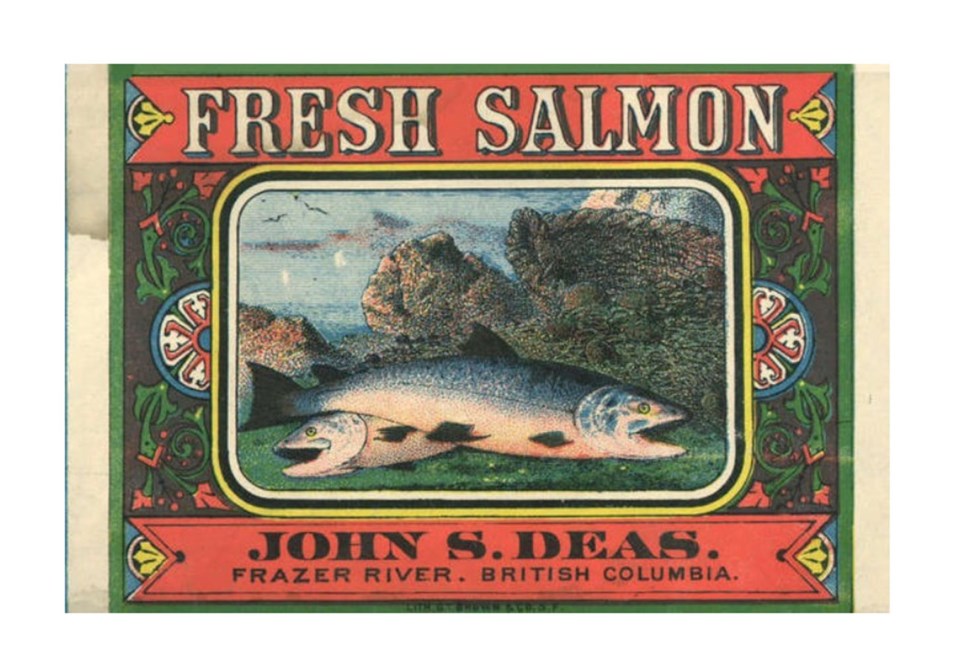Deas Island Regional Park is an island in Ladner named after John Sullivan Deas, a black man born in 1838 in South Carolina.
Deas and his brother Zephaniah joined the migration to California on the gold rush trail.
Arriving in San Francisco in 1860, Deas plied his trade as a tinsmith.
It’s been reported that during that period in California, the black community in pre-Civil War times was deeply troubled with legislative uncertainty.
The mood was such that an exodus of the California black community to the Fraser River gold fields occurred between 1858 and 1865.
The early settlers were able to purchase land and skilled trades were in demand.
Described as a mulatto in historical records, Deas arrived in Victoria in 1862 and married Fanny Harris and they had several children.
He became a citizen of this country and a provincial voter.
Deas spent time in the gold fields in Yale until approximately 1868, when he and family arrived back in Victoria to operate a hardware and stove business.
Deas started a fish canning operation in 1871 on the island that would be named after him.
Having acquired the necessary backers, he proceeded to erect a cannery and assorted buildings in preparation for the 1873 fishing season.
Deas had an early start in what became a thriving business as one of two canneries on the lower Fraser.
By 1878 there were eight canneries in operation.
Deas by then was becoming frustrated by the competition and the lack of access to the returning salmon.
Deas applied to government for an exclusive lease of "drifts" near his cannery.
The request was turned down by both federal and provincial governments as "unjust to fishing interest as a whole."
After that setback, Deas remained in the canning business for one more season before selling his interest in 1878.
He then moved his family to Portland, Oregon.
On July 22, 1880, he passed away at age 42.


